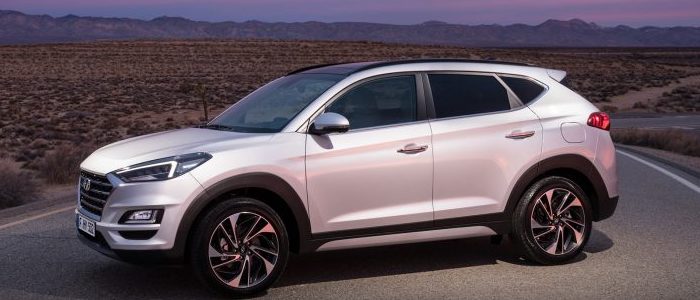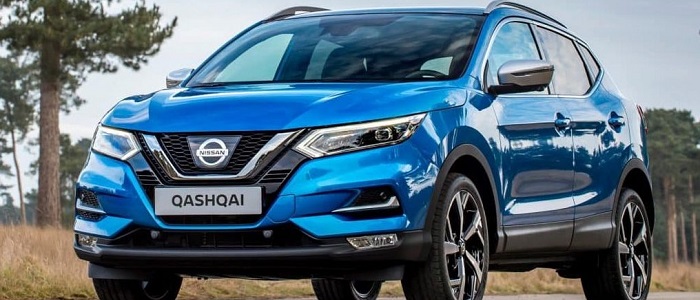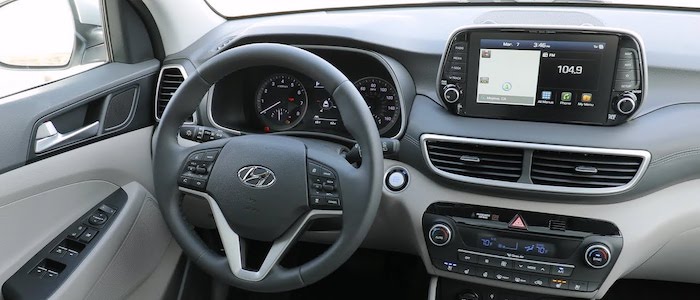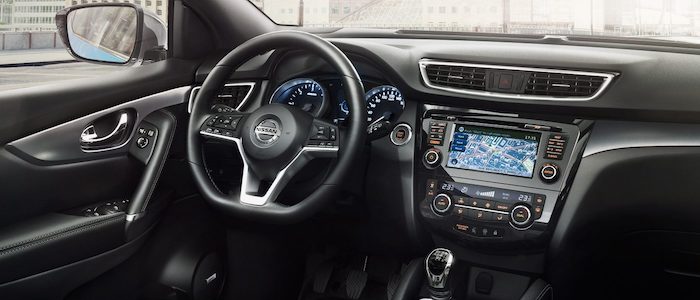Compare two cars
Compare any two cars and get our Virtual Adviser™ opinion
Dimensons & Outlines
Check vehicle history
Engine
Performance (manual gearbox)
Performance (automatic gearbox)
Expenses
Virtual Adviser's™ opinion
Two significantly similar cars, no doubt about that. Still, each one has something different to offer. Having both cars powered by petrol engines and utilizing the 5-door suv body style within the same 'SUV' segment, the only major difference here really is their wheel drive configuration (4 x 4 for the Hyundai and front in the case of the Nissan). The first one has a Hyundai-engineered powertrain under the hood, a 4-cylinder, 16-valves 177hp unit, while the other one gets its power and torque from a 4-cylinder, 16-valves 163hp engine designed by Nissan.
SafetyThe first thing to look into here would be the results from European New Car Assessment Programme (Euro NCAP) tests performed on the two cars. Good thing is that both vehicles got tested, with the same number of safety stars gained in the process. Moving further on, let's take a closer look at some additional safety-related facts. Both vehicles belong to the suv segment, which is generally a very good thing safety-wise, still it doesn't help us solve our dilemma, does it? Furthermore, taking kerb weight as an important factor into account, the Korean car offers a considerable difference of 16% more metal.
ReliabilityReliability is not the best thing to consider on the make level, but it is worth mentioning that both brands display similar results in faults and breakdowns, when all the models are taken into account. These are the official statistics, while our visitors describe reliability of Hyundai with an average rating of 4.5, and models under the Nissan badge with 4.3 out of 5. The same official information place Tucson as average reliability-wise, and Qashqai is more or less at the same level.We should definitely mention that owners of cars with the same powertrain as the Korean car rank it on average as 4.5 out of 5, exactly the same as the other one.
Performance & Fuel economyNissan is a bit more agile, reaching 100km/h in 0.6 seconds less than its competitor. Still, it lacks the power to win the top speed competition, topping at 200 kilometers per hour, 2km/h less than the other car. When it comes to fuel economy an obvious choice would be the Japanese car, averaging around 5.8 liters of fuel per 100 kilometers (49 mpg), in combined cycle. That's 36% difference compared to the Korean car!
Verdict
Nissan appears just a bit more reliable, although the difference is truly marginal. The most important thing when deciding between any two vehicles should always be safety, both passive and active. In my opinion, everything taken into account, the Korean car offers significantly better overall protection, taking the lead here. When it comes to performance, both vehicles provide similar experience, so I wouldn't point any of them out. the Japanese car is in a different dimension economy-wise, and many people will find that crucial. All together, there's not much more to say, in this case I wouldn't even consider anything but Nissan. Nevertheless, let's not forget that people have different preferences and needs, so what really counts is your personal feel. I'm only here to help. I suggest you spend two more minutes in order to find out which car, based on your needs and budget, would be picked by the virtual adviser™, out of 12.000+ vehicles we currently have in our database.
































